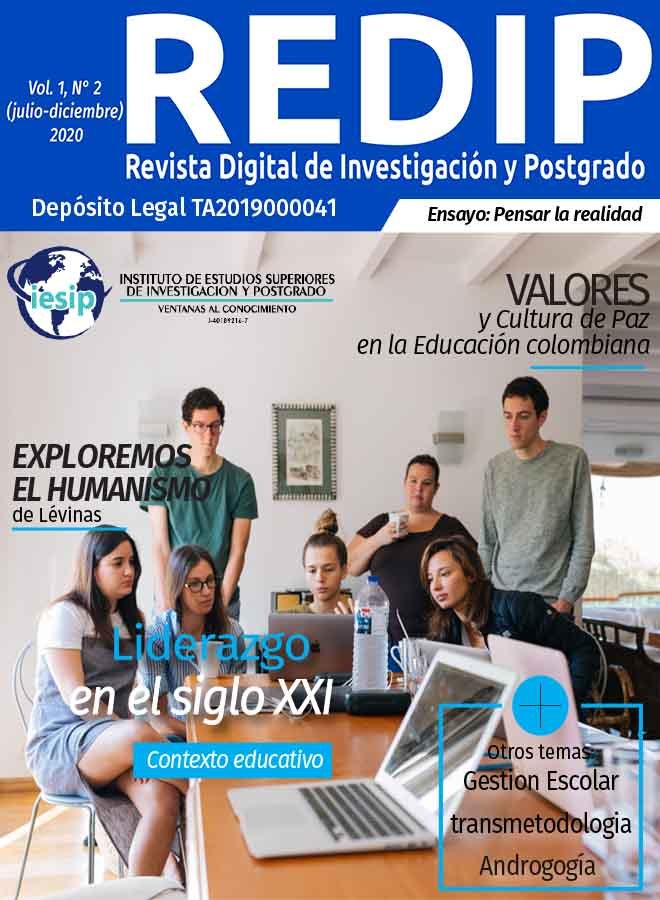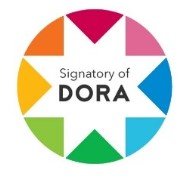Transmetodology
An option that pays tribute to the transcomplex integrative appro
DOI:
https://doi.org/10.59654/rgmng267Keywords:
Research, multiple realities, multi-ethics, trans-methodology.Abstract
Research in the social and human sciences over the course of this century has shown the need for a new episteme that can be taken up with a new world view in which knowledge and cultures are integrated and the existence of multiple realities is recognized. From there arises what has been called trans-methodology, which articulates diverse techniques and methods in a way that is coherent with the theoretical position of the researcher for the production of scientific knowledge in an innovative way. This requires a practice of interrelations in which a broad, organized and deep epistemic vision is combined with bold reflections and experiments, where multiple logics of understanding socio-cultural reality also intervene. It is concluded that thinking about the approach to the problem of an investigation that is developed from the trans-methodological proposal, implies the integration of three fundamental dimensions that are: the contextualization of the problem, with the purpose of locating it in the context from which it is approached; the empirical investigation as a methodological resource and the theoretical practice as a work means.
Downloads
References
Braga, J. (2011). La Práctica de la Investigación en Comunicación. Enfoque metodológico para la toma de decisiones. Revista de la Asociación Nacional de Programas de Postgrado en Comunicación E-compós.
Bonilla, E. y Rodríguez, P. (1997). Más allá del dilema de los métodos. La investigación en ciencias sociales. Santafé de Bogotá: Norma.
Carvajal, A. (2012). Elementos de investigación social aplicada. 1ª. Reimpresión de la 3ª. Edición, Cali, Escuela de Trabajo Social y Desarrollo Humano, Universidad del Valle.
Costa, B. M. E. (2011). Grupo focal. In: Duarte, Jorge; Barros, Antonio (Org.). Métodos e técnicas de investigación em comunicação. (2. ed. 5. reimpr. pp. 180-92). São Paulo: Atlas.
Maldonado, G de La Torre, A. E. (2008). Perspectiva Transmetodológica en el Contexto del Cambio Civilizatorio a principios del siglo XXI. Joao Pessoa: Editorial universitaria de la UFPB.
Maldonado, A. E. (2009). Transmetodología de la investigación teórica en comunicación: análisis de la vertiente Verón en América Latina. Quito: CIESPAL.
Maldonado, G de La Torre, A. E. (2016). Contribuciones transmetodológicas para el análisis de procesos comunicativos contemporáneos. Mediaciones Sociales, nº 15, pp. 1‐15. DOI:http://dx.doi.org/10.5209/MESO.54540.
Massé, N. C. E. (2008). Nuevos Presupuestos en las Ciencias. Caos y Complejidad. Revista antropología Experimental. https://revistaselectronicas.ujaen.es/index.php/rae/article/view/1997/1745
Morin, E. (2001). Introducción al Pensamiento Complejo. España. Gedisa
Orozco-Gómez, G. y González, R. (2012). Una Coartada Metodológica: Abordajes Cualitativos en la Investigación en Comunicación, Medios y Audiencias. Tintable.
Ruiz B, C. (2008). El enfoque multimétodos en la investigación social y educativa: Una mirada desde el paradigma de la complejidad. https://dialnet.unirioja.es/descarga/articulo/2785456.pdf
Schavino, N y Villegas C. (2006a). El Paradigma Integrador Transcomplejo. En ensayos de investigaciones. Publicación del centro de investigación de Postgrado de la Universidad Bicentenaria de Aragua. (2006) Año 1 – N 1. UBA.
Schavino, N y Villegas C. (2006b). La investigación: Un enfoque integrador transcomplejo. Revista del Decanato de Investigación, Extensión y Postgrado de la Universidad Bicentenaria de Aragua. Venezuela. UBA.
Villegas, C. (2009). Una aproximación a la concepción de investigación transcompleja. http://crisalidavillegas.blogspot.com
Published
Issue
Section
License
Copyright (c) 2024 Revista Digital de Investigación y Postgrado

This work is licensed under a Creative Commons Attribution-NonCommercial-ShareAlike 4.0 International License.










